U-Turn! Residents Can Now Access Trails Without Online Booking
As announced today, Madeira residents no longer need to register their hike on Simplifica, allowing spontaneous access while visitor controls remain.
Madeira's political landscape has undergone significant changes over time. As an autonomous region of Portugal, Madeira has its own regional government and parliament, allowing for self-rule in many areas. The Social Democratic Party (PSD) has traditionally dominated local politics, but in recent years, the Socialist Party (PS) and other smaller parties have gained influence, shaping policy in areas like tourism, economic development, and social welfare.
Political dynamics continue to evolve, reflecting both local concerns and broader national trends in Portugal, with governance adapting to the region's changing needs and challenges. Stay informed about the latest developments in Madeira's political landscape. Get breaking Madeira news on government decisions, political party activities, and laws impacting the island. Engage in the political circus!
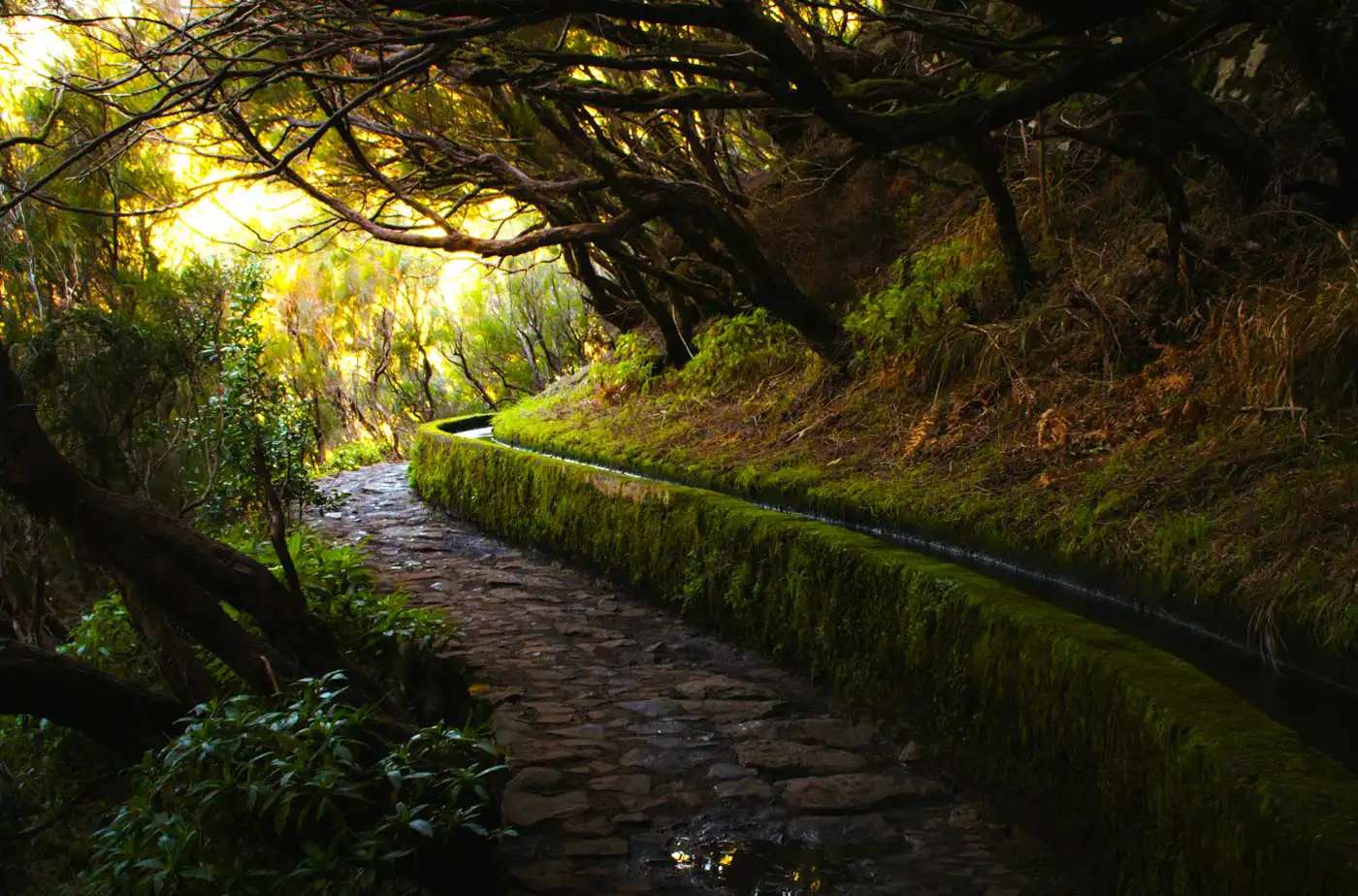
As announced today, Madeira residents no longer need to register their hike on Simplifica, allowing spontaneous access while visitor controls remain.
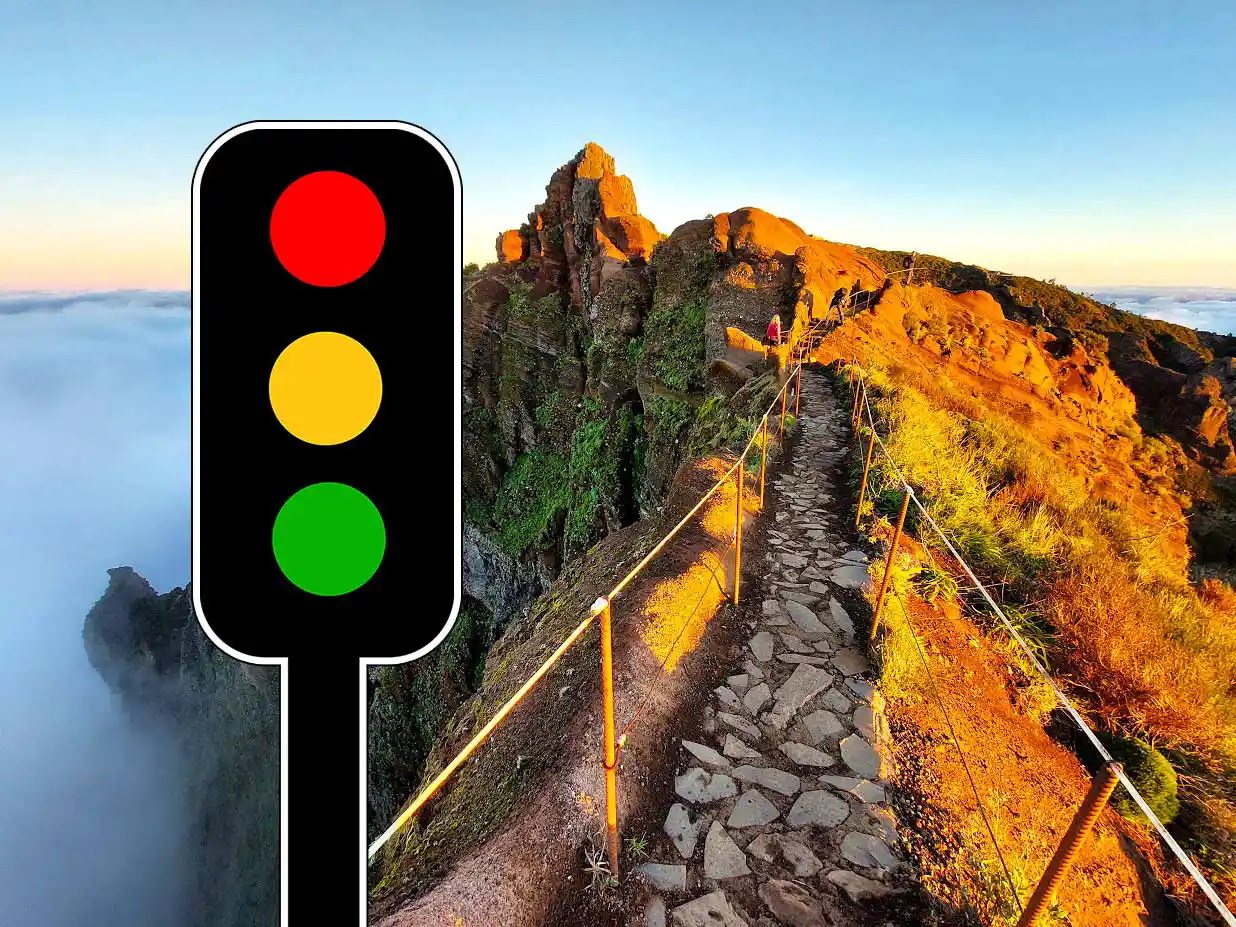
5% of hiking slots are reserved for residents. Since they make up only 2% of hikers, the president of the IFCN considers this quota sufficient, all while arguably struggling to defend the law.

After yesterday's presidential elections, Miguel Albuquerque described the results as a monumental defeat and expressed concern about the possibility of a socialist being elected president.
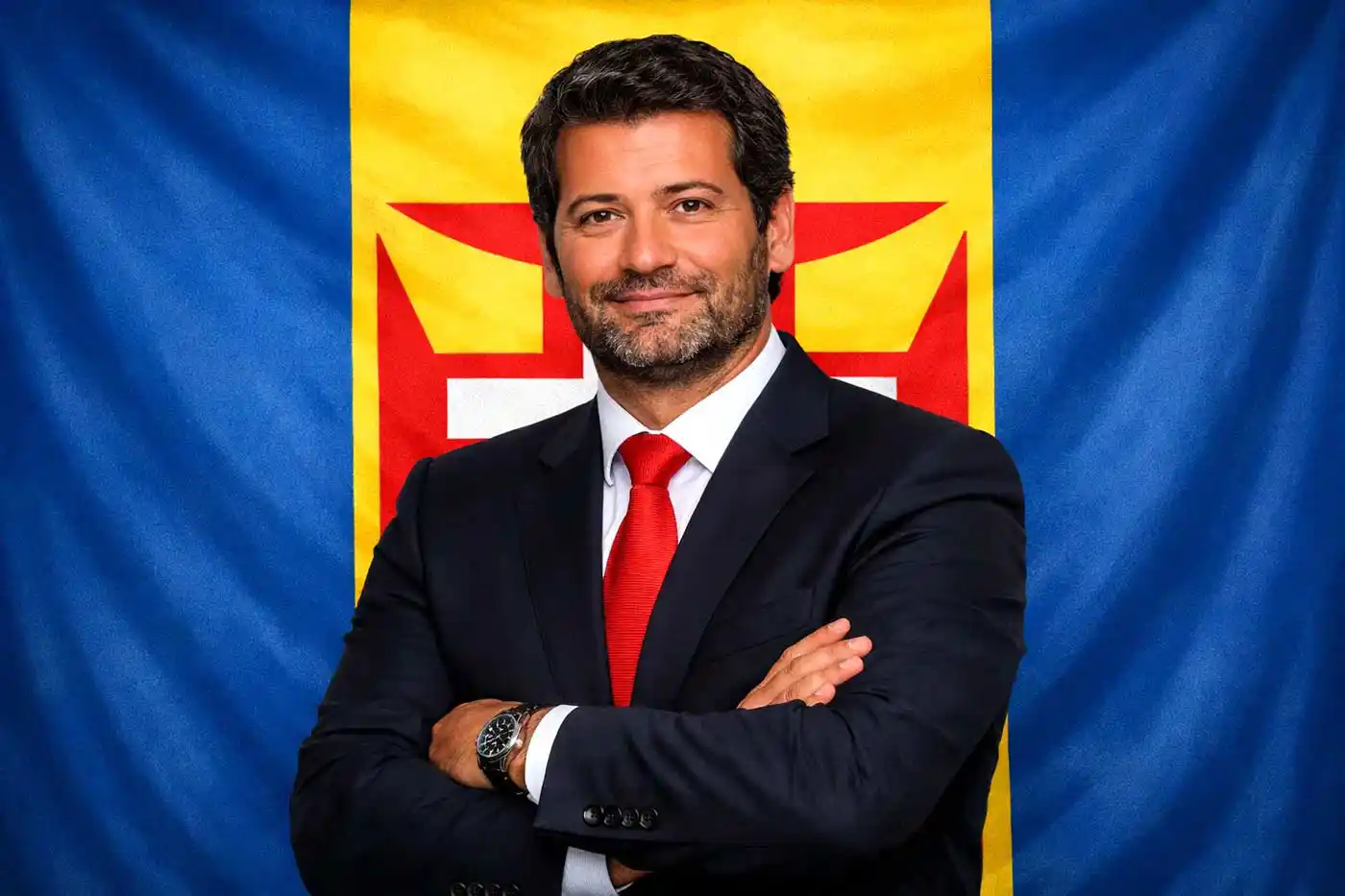
Does Madeira want three Salazars? After making highly controversial remarks in Funchal last October, André Ventura returns - conquering the island in the presidential elections.
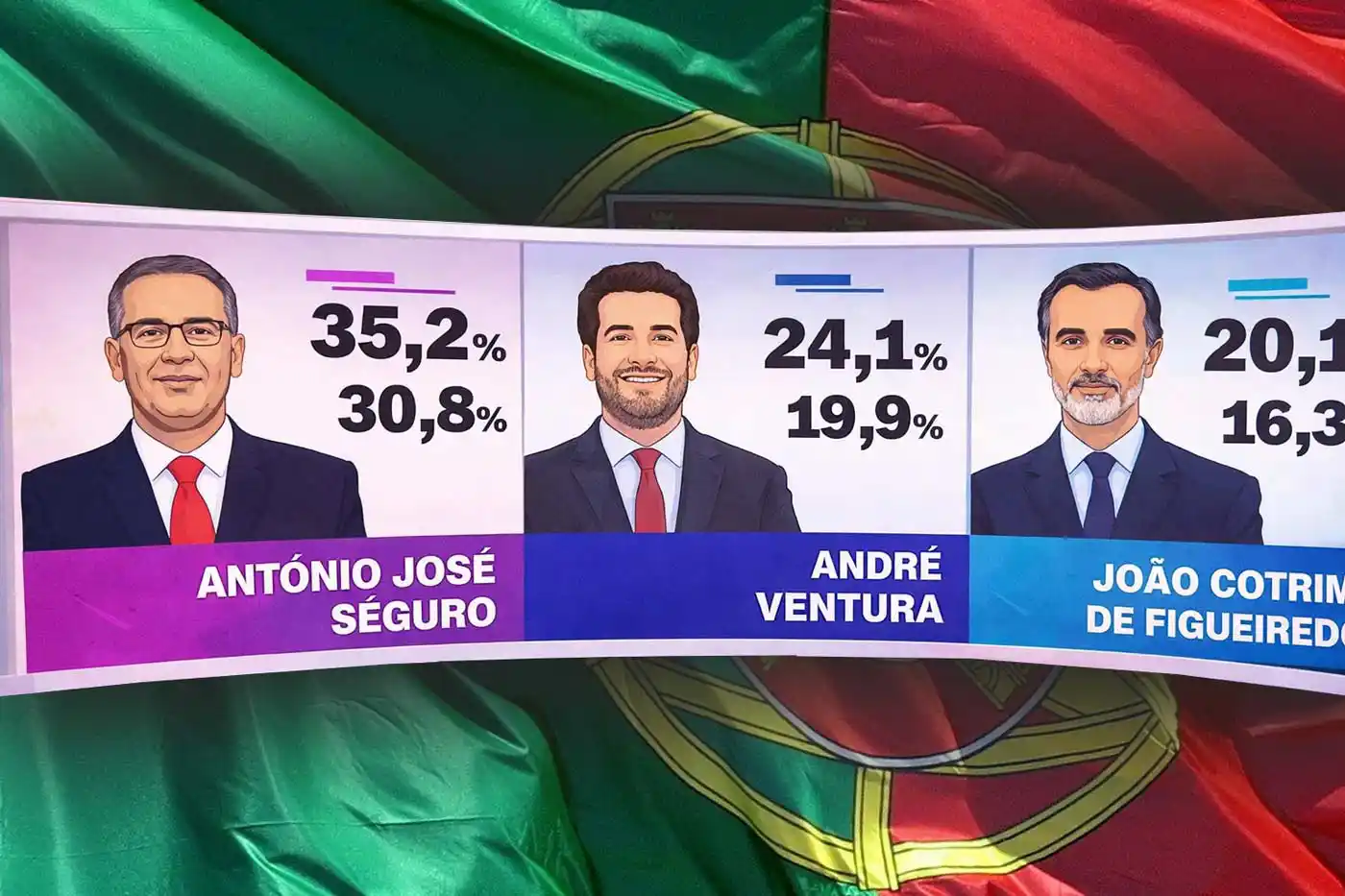
António José Seguro (PS) is projected to win the first round of the presidential election and is expected to face André Ventura (Chega) in a second-round contest on 8 February.

Between ceremony and authority, Portugal’s presidency reveals its influence at decisive moments. Here’s what the Portuguese President can - and cannot - do under the Constitution.

A first in 40 Years: Portugal is heading towards an extremely fragmented election today, last time seen in 1986.
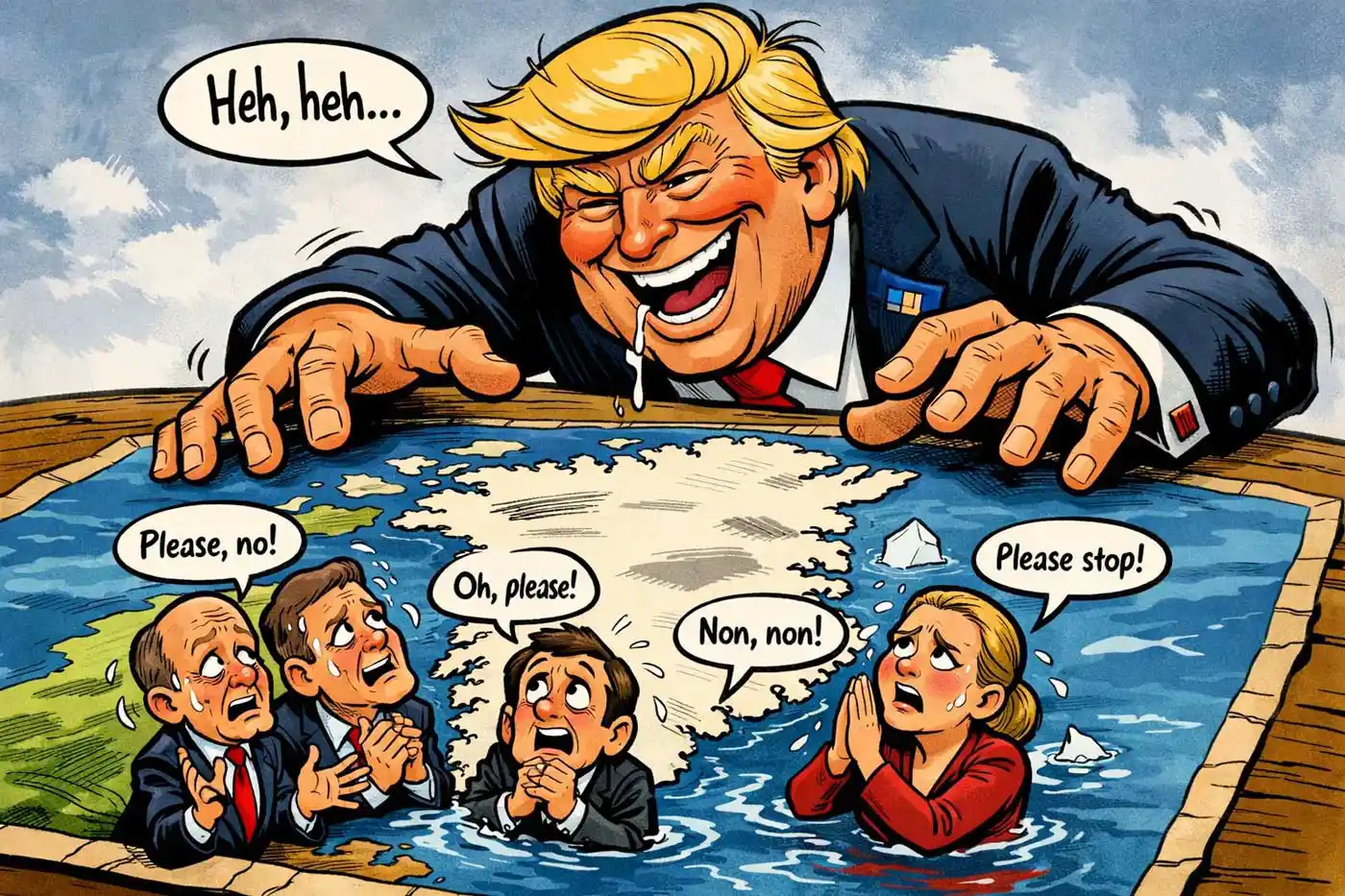
Donald Trump announced tariffs on key EU nations today to force a deal on Denmark handing over Greenland. This hypothetical outlook plays through how escalating tensions could unfold

São Vicente has a new leadership and has stopped responding to an animal welfare group that is rescuing animals in the municipality, despite the group’s urgent attempts to engage with the council.

Inflation in Madeira in 2025 is estimated at 3.5%. It is higher than in 2024 and is expected to exceed the national rate by 1.2%.

After the removal of Maduro, U.S. forces seized a tanker linked to Russia’s shadow fleet that had hastily painted a Russian flag on its hull while trying to evade sanctions enforcement.